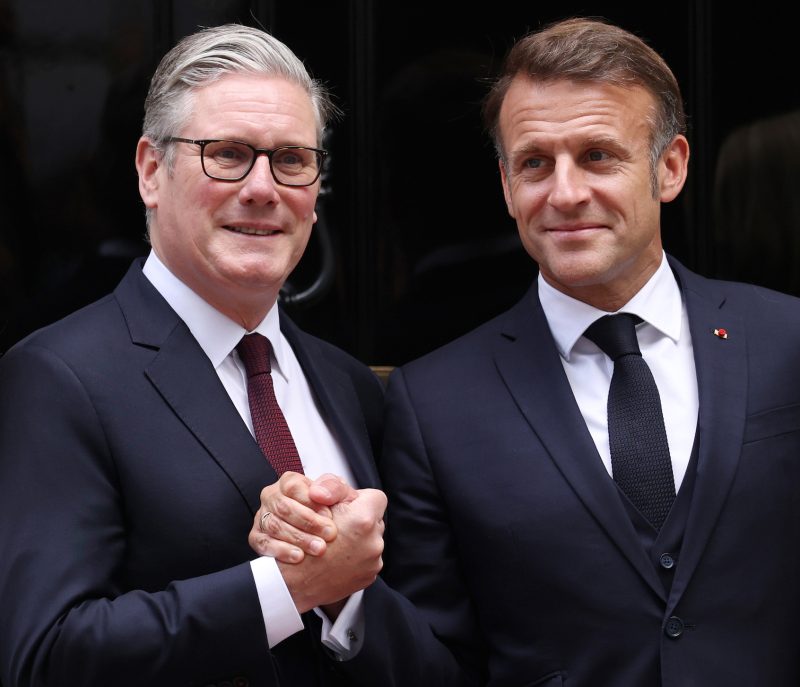
Remember that exhilarating moment? The one where it felt like a global wave of voters were decisively rejecting Trump-style politics and embracing a brighter future? It felt like a new dawn for democracy. But now, a different kind of unease is settling over Europe, and many are pointing the finger at President Biden.
The feeling isn’t necessarily one of outright hostility, but rather a sense of disappointment, even frustration. Many hoped for a stronger, more unified transatlantic alliance under Biden’s leadership. Instead, some European leaders find themselves grappling with a perceived lack of consistent American engagement, leading to uncertainty and a feeling of being left to navigate complex geopolitical challenges alone.
This isn’t to say that Biden’s administration hasn’t achieved anything. His efforts to bolster NATO and support Ukraine against Russian aggression are undeniable. However, the perception that the US is less reliably engaged than hoped is fueling anxieties within certain European circles.
There’s a growing concern about the potential for a decline in American global leadership. This isn’t necessarily a rejection of the US, but rather a reflection of the evolving geopolitical landscape and the need for stronger, more predictable partnerships. The feeling is that Europe needs a more actively engaged American ally, one that offers a clear and consistent vision for the future of transatlantic relations.
The question remains: is this a temporary blip, a result of the inherent complexities of international relations, or a sign of a deeper shift in the dynamics between the US and Europe? Only time will tell, but the current unease underscores the need for stronger communication and a renewed focus on the shared values and interests that bind the two sides together. The future of the transatlantic partnership hinges on addressing these concerns and rebuilding trust.










